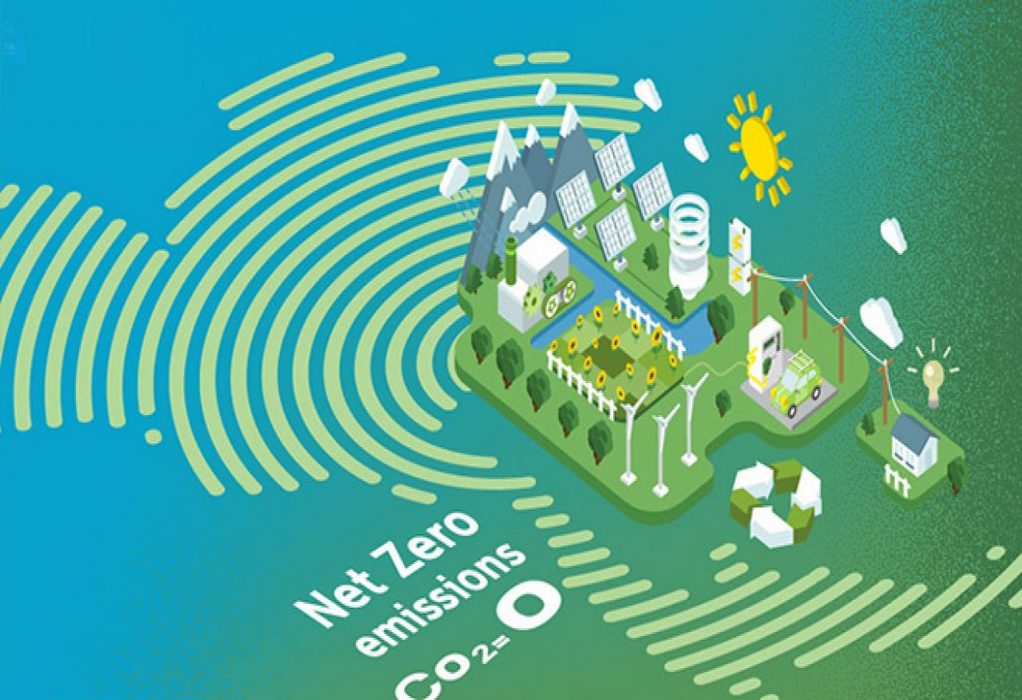The University of East London (UEL) has formed a strategic partnership with Siemens to collaborate on its aspiration of achieving net zero carbon by 2030.
Siemens will deliver improvement measures to reduce overall energy use, and engineer solutions to drive the shift to renewable and on-site low-carbon energy generation at UEL’s campuses in the London Docklands and Stratford.
In addition to targeting net zero for the University’s urban sites by 2030, the partnership also aims to enhance the wellbeing of students and staff, foster inclusivity by creating new learning opportunities, and to support a digital-first culture through the roll-out of technology.
The net zero carbon roadmap identified four focus areas for UEL’s campuses: introducing renewable energy sources and reducing overall energy consumption; supporting sustainable enterprise; leveraging real-time energy data through the creation of a Living Lab and nurturing a strong talent pipeline.
The first phase will immediately cut 10 per cent of UEL’s carbon emissions and reduce operational costs by installing LED lighting in all buildings, and upgrading the Building Management Systems (BMS). A second workstream will focus on engineering the design of sustainable energy technology, including solar panels on rooftops and in car parks, ground source or water source heat pumps fed by the River Thames, and electric vehicle charging solutions.
In the second phase, Siemens will support UEL in the creation of an innovation hub for local green energy enterprises, giving students the opportunity to engage with the latest green technologies on-campus. Students will also be able to further strengthen their skills through mentoring and internships with Siemens. UEL and Siemens will work together to embed sustainability across the curriculum, allowing students to develop the skills they need to succeed in a green economy. The partnership is also exploring the creation of a Living Lab, to make campus data available to students and researchers for teaching and research.
To support the energy transition in the wider East London area, UEL and Siemens will also explore ways to introduce local-scale energy projects which make an immediate difference to local communities.
Source: https://www.fmj.co.uk/
Tags: Carbon, NetZero, Renewable Energy, Siemens, UEL


Recent Posts
Be8 will produce a new biofuel to decarbonize faster.
Ports of Indiana and Cork partner on major green initiatives
Energy Security through India’s Ethanol Push
IAPH recognises Mormugao Port as an incentive provider
UltraTech collaborates with UCLA to advance cement industry decarbonisation
India to develop roadmap post-20% ethanol blending target: Hardeep Singh Puri
Gensol Engineering partners with Matrix Gas to develop first green hydrogen steel facility
WFS introduces biofuel to reduce GSE carbon emissions by 80%